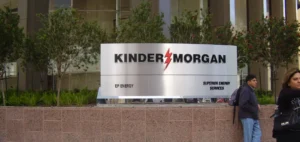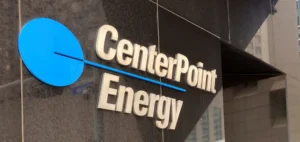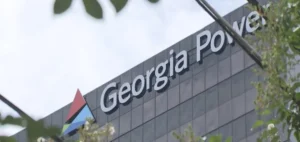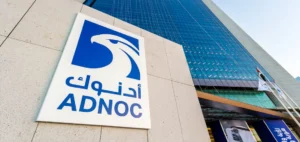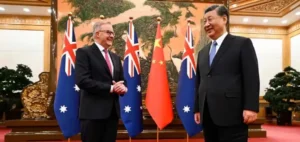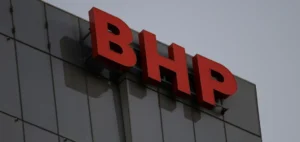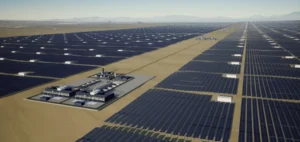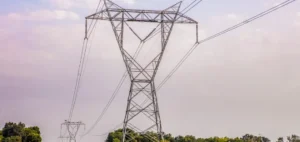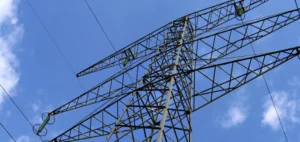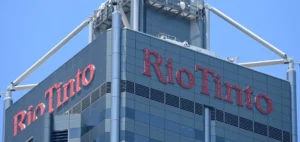Telecommunications could be disrupted in Europe this winter due to power cuts or rationing. This would require companies and governments to try to mitigate the impact. According to industry officials, backup systems are inadequate in many European countries.
A critical situation
European Union countries, including France, Sweden and Germany, are seeking to maintain communications. Thus, the objective is to maintain the telephone network even if the power cuts exhaust the backup batteries. Europe has about half a million telecommunication towers and most of them have these backup batteries.
In France, a plan from the electricity distributor Enedis provides for power cuts of up to two hours. However, the blackouts would only affect certain parts of the country on a rotating basis. In addition, essential services such as hospitals, police and government will not be affected by power outages.
Priority clients
The French Federation of Telecoms (FFT), representing Orange, Bouygues Telecom and SFR of Altice, is challenging Enedis. The lobby group denounces the inability of Enedis to exempt antennas from power outages. However, the company says that all regular customers are treated equally in the event of exceptional outages.
Enedis says it is able to isolate sections of the network to supply priority customers such as hospitals. The company says this list of priority customers also includes key industrial facilities and the military. The company adds that it is up to local authorities to add telecom operators’ infrastructure to the list of priority customers.
A European issue
Telecommunications companies in Sweden and Germany are also expressing concern to their governments. The Swedish telecom regulator, PTS, is working with telecom operators and other government agencies to find solutions. In addition, STP funds the purchase of transportable fuel stations and mobile stations in case of long-term outages.
The Italian telecom lobby wants the mobile network to be excluded from any power cuts. Furthermore, he states that he would raise this issue with the new Italian government. He says that power outages increase the likelihood that electronic components will fail in the event of a sudden interruption.
Modernize the equipment
European telecom operators need to review their networks to reduce energy consumption. They must also modernize their equipment by using more energy-efficient radio designs. To save energy, telecommunications companies use software that optimizes traffic flow.
In Germany, Deutsche Telekom owns 33,000 mobile radio sites. Backup power systems can only handle a small number of them at a time. The telecommunications company will use mobile backup power systems relying primarily on diesel in the event of power outages.



